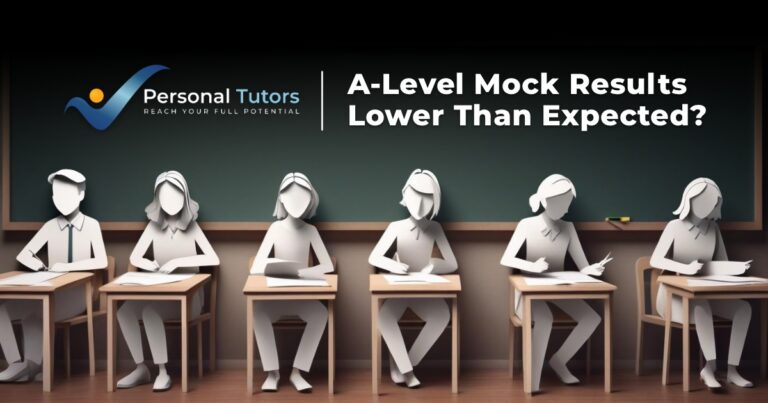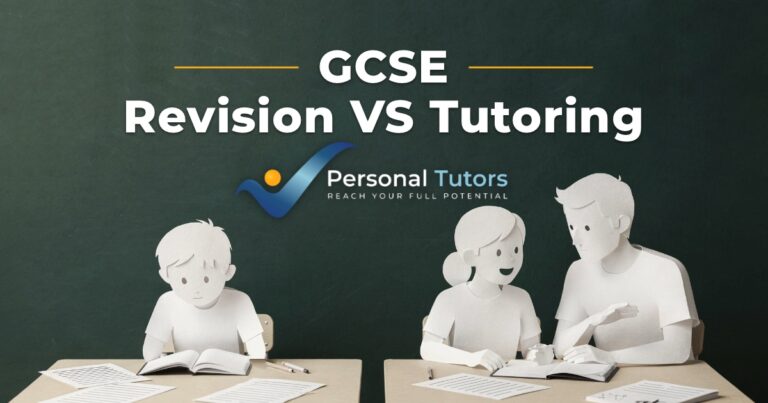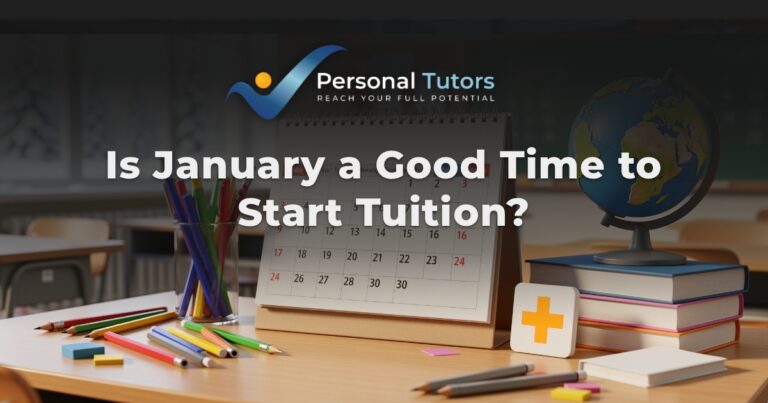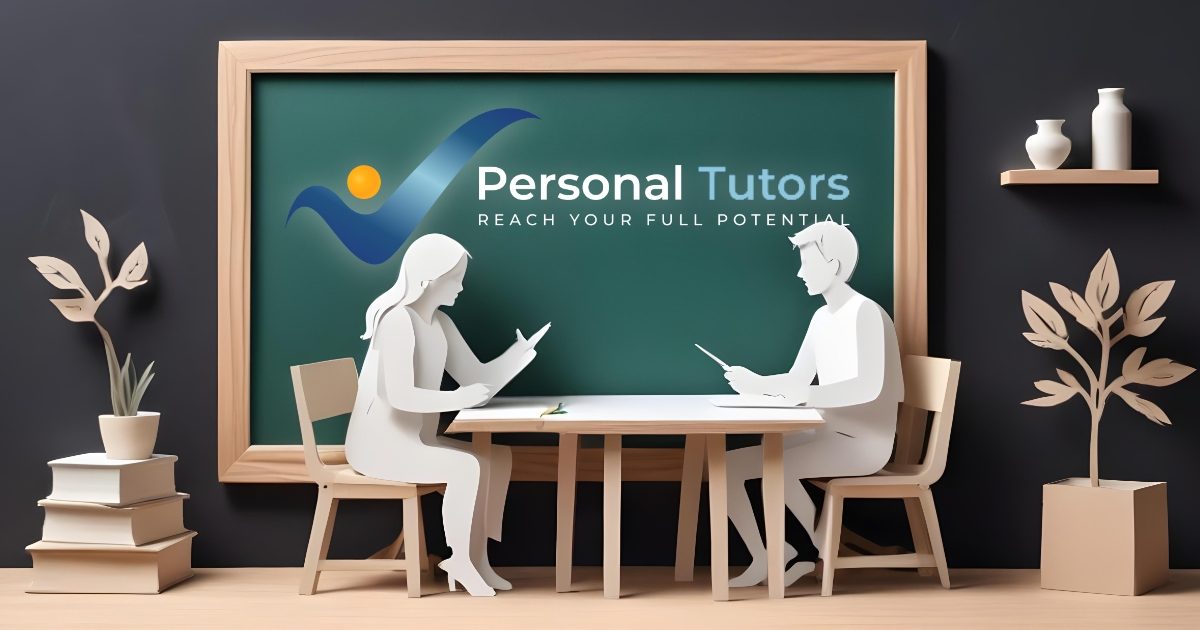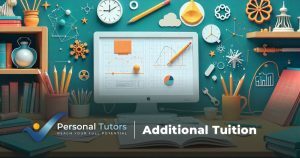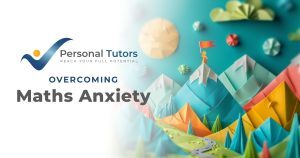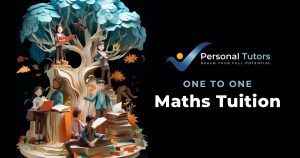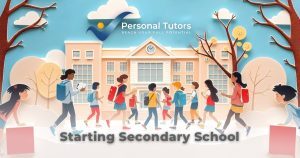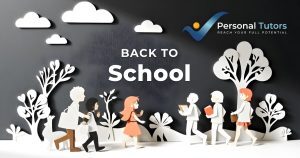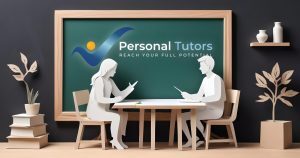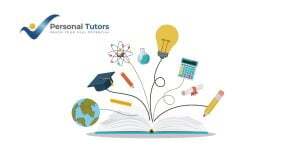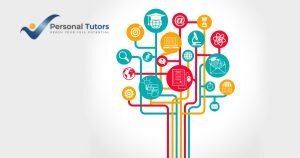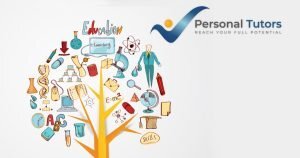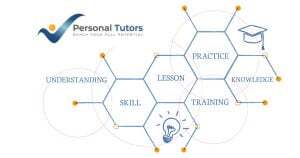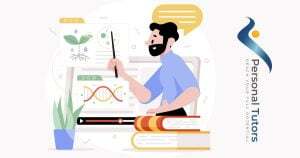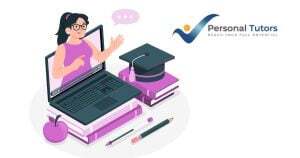In a world that is rapidly evolving, the traditional classroom setting sometimes struggles to keep up with the unique needs of each student. Personal tutoring has emerged as a powerful supplement to classroom education, providing a tailored learning experience that fosters not just academic growth but also personal development. Being a personal tutor is an incredibly rewarding journey that offers both challenges and triumphs. In this blog post, we will take you through what it means to be a personal tutor, the joys and challenges of the role, and how it impacts both the tutor and the student.
Understanding the Role of a Personal Tutor
A personal tutor is much more than just an educator. They are mentors, motivators, and confidants. The main role of a personal tutor is to provide individualised instruction that meets the specific needs of a student. This can range from assisting with homework, preparing for exams, developing study skills, or even just sparking a love for a particular subject.
Key Responsibilities:
Customised Learning Plans: Every student is unique. A personal tutor crafts learning strategies tailored to a student’s learning style, strengths, and weaknesses.
Engagement and Motivation: Keeping students motivated and engaged requires creativity and innovation. This might involve incorporating interactive materials and real life examples.
Progress Monitoring: Regular assessments and feedback are essential to ensure that the student is on track and to identify areas that need further improvement.
Mentorship: A personal tutor often becomes a mentor, offering advice on academic paths, career options, and personal development.
Communication with Parents and Teachers: Regular communication with parents and sometimes school teachers is necessary to align objectives and strategies.
The Joys of Being a Personal Tutor
1. Making a Difference
One of the most rewarding aspects of being a personal tutor is witnessing the progress and success of your students. The moment a student finally understands a challenging concept, or the look of joy when they pass that test, is priceless. Knowing that you have played a significant role in their growth is incredibly fulfilling.
2. Building Strong Relationships
Personal tutoring allows you to form strong, meaningful relationships with your students. Unlike the often impersonal nature of classroom teaching, personal tutoring is about understanding the student on a deeper level. These relationships can last beyond academic tutoring and often evolve into lifelong mentorships.
3. Flexibility and Independence
As a personal tutor, you often have the flexibility to set your own schedule, choose your clients, and design your curriculum. This autonomy allows you to work in a way that best suits your lifestyle and teaching philosophy. Whether you prefer one-on-one sessions in person, virtual classes, or even group sessions, personal tutoring offers a range of options.
4. Continuous Learning
Tutoring is a two-way street. As you teach, you also learn. Each student brings unique challenges and perspectives, which often require you to adapt and grow as an educator. Whether it’s learning about new educational technologies or developing strategies for different learning disabilities, personal tutoring keeps you on your toes and enhances your skills.
Challenges of Being a Personal Tutor
1. Diverse Learning Needs
Every student has different learning needs and styles. Some may grasp concepts quickly, while others require more time and different approaches. Adapting to these diverse needs can be challenging and demands patience and creativity.
2. Emotional Investment
Tutoring often involves significant emotional investment. It can be disheartening when a student struggles despite your best efforts or when they lack motivation. Balancing empathy with professionalism is a constant challenge.
3. Time Management
Balancing multiple students, especially during peak times like exam seasons, can be demanding. Effective time management is crucial to ensure each student receives the attention they need.
4. Staying Updated
The educational landscape is continuously changing. New curricula, educational tools, and teaching methodologies require tutors to stay updated and continuously refine their skills.
5. Setting Boundaries
While building relationships with students and their families is essential, it’s important to set boundaries to maintain professionalism and ensure a healthy work-life balance.
Tips for Becoming a Successful Personal Tutor
Identify Your Niche: Determine what subjects or skills you are most passionate about and knowledgeable in. This will help you stand out and attract the right students.
Develop a Teaching Style: Create a teaching style that reflects your personality and strengths. Whether it’s hands-on activities, technology integration, or storytelling, find what resonates with you and your students.
Set Clear Goals: Establish clear, achievable goals with your students at the outset. Regularly revisit these goals to measure progress and make necessary adjustments.
Seek Feedback: Encourage feedback from students and parents to continually improve your tutoring methods and services.
Invest in Professional Development: Continuously seek opportunities to enhance your skills and knowledge through courses, certifications, and workshops.
Being a personal tutor is more than just a job; it’s a commitment to making a positive impact on the lives of students. The role comes with its share of challenges, but the rewards far outweigh them. As a personal tutor, you have the opportunity to inspire, educate, and shape the future one student at a time. Whether you’re considering becoming a tutor or are already one, remember that your work is valuable, impactful, and deeply appreciated. To find out how you can join us please contact us here.





